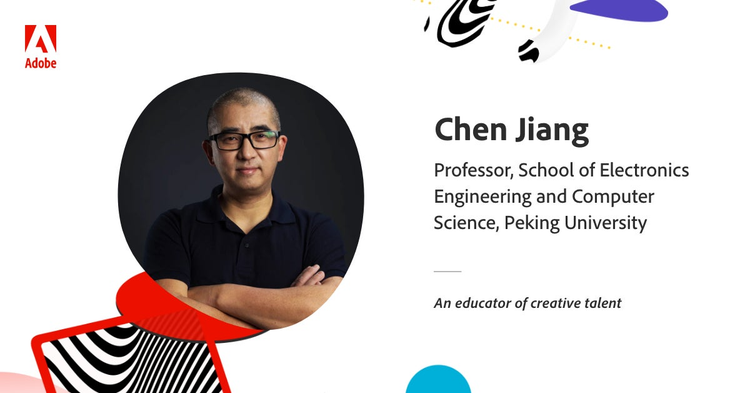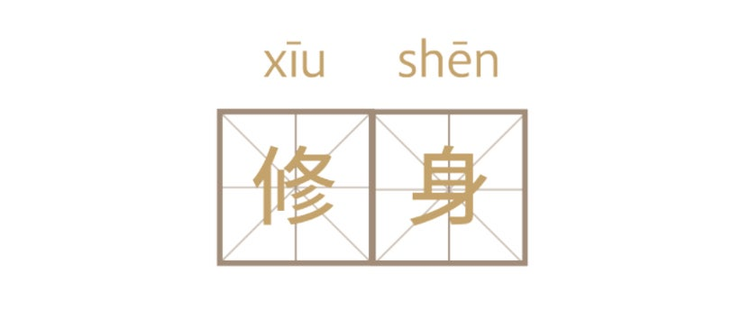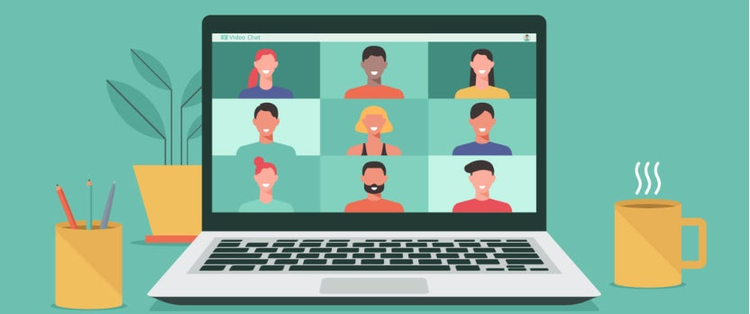Post-COVID insight: Innovating the education sector in China

In the post-COVID era, what challenges and opportunities will innovators face? How will they respond to changes and seize opportunities? To find out, we’ve launched the “Post-COVID Insight” series, inviting innovators in different industries to share their insights and views on the post-COVID era.

Like many universities, every aspect of life at Peking University has been impacted by COVID-19. In the past year, education has changed drastically for both faculty and students. Professor Chen has gained a deep understanding of how they have worked together to overcome the challenges of the pandemic.
As an educator of creative talent, Professor Chen sees competition as a battle for great opportunities. The Great Learning from the Confucius Book of Rite says educators should be “self-cultivating, family-regulating, state governing, and world ruling”. Professor Chen has drawn inspiration from “self-cultivating” and “family-regulating”, especially during the pandemic.

Self-cultivating: Changes in teachers’ skills and methods
As university courses went online – a primary impact of COVID-19 – professors had to change their teaching methods to adapt to a virtual learning environment. In the months of exploration and adjustments for both teachers and students, what was once an unfamiliar learning environment soon became the norm.
These changes in method have forced many teachers to get out of their comfort zone. From quickly learning livestream skills to gradually adapting to the new model, teachers have grown from “forced adoption” to “proactive adaption”. After weeks of working through livestreams and participating in online discussions, roundtables and special salons, Professor Chen and his colleagues say they have gained many new insights. They also predict how digital tools and diverse teaching models will be applied in the future.

“In the foreseeable future, high-quality teachers will have a greater possibility to work outside of the campus. Vibrant colleges and universities are now actively employing a large number of outstanding teachers from other schools to give live lectures to improve their own teaching quality.”
According to the more radical predictions, the future may even have online-only schools – meaning that teachers can be carefully selected, and the quality of exams can be guaranteed, optimising efficiency and value amid unprecedented competition. This would be a step forward to equal access to educational resources. To achieve such parity and to execute an entirely new education model, however, an increase of digital tools is required for efficiency, stability and long-distance collaboration.

Family-regulating: Changes in student requirements and direction
As educators of future creative talents, university teachers must stand higher to see further, according to Professor Chen, who also notes the post-pandemic education sector needs more foresight and innovation.
In addition to changes in educational models, COVID-19 has modified the competitive landscape – something universities need to align to. For instance, the popularity of online education platforms, conferences, gaming and telecommuting tools due to the pandemic restrictions mean new business and employment opportunities for gaming and media students. In alignment with the changing landscape, colleges and universities need to adapt to a future of new talent in IT and media industries, focusing on their scale of enrollment and curriculum updates.

Equally so, COVID-19 has shown that future talent needs to possess self-control, professionalism and adaptive capabilities concurrently. The normalisation of online live courses is both an opportunity and a test for young people. On the one hand, access to quality teaching for all is increasing. On the other, it is a huge test for students’ self-control and self-reliance. The market requirement for talent is also rising and students need to be more resilient and adaptable than ever, on top of mastering multiple skills and tools.
Colleges and universities – faculty and students - were one of many impacted by COVID-19, with healthcare, logistics and transportation, F&B, leisure, tourism and entertainment industries also hit hard. For many, it’s been a case of adaptation and transformation, evolving in tandem with a digital-first world. In the long run, the education sector will remain on the battlefield as they strive to influence through the pandemic and beyond — toward a future of innovation.